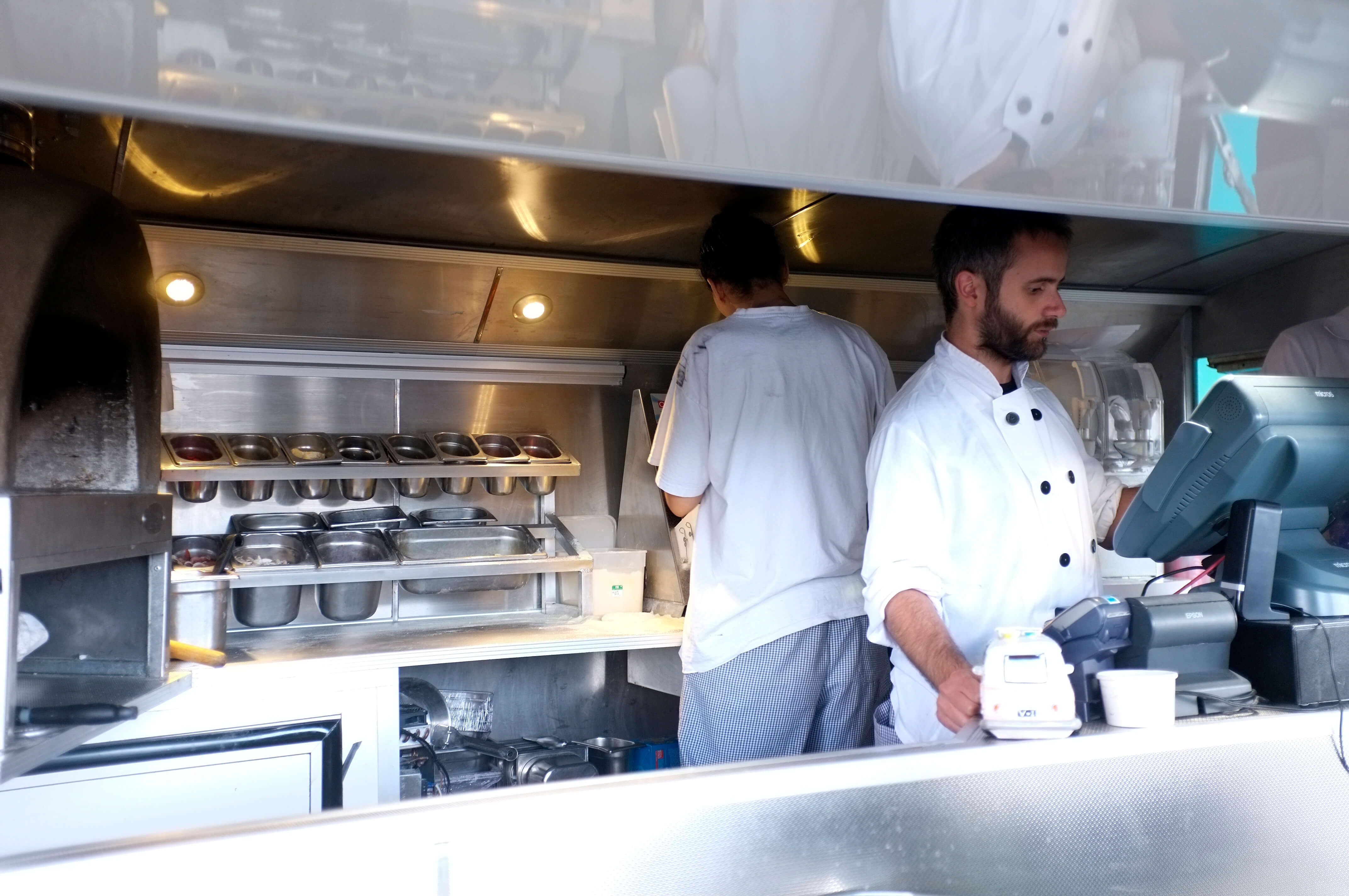
Prior to the Tax Cuts and Job Acts, a business owner generally could deduct 50% of business related meals and entertainment expenses. Meals provided to an employee on the business premises for the convenience of the employer were generally 100% deductible.
These expenses are treated differently under the new tax law.
How will meals and entertainment expenses be affected?
Entertainment expenses are now completely nondeductible, regardless of whether they are directly related to, or associated with, the taxpayer’s business, unless an exception applies. One of those exceptions is for “expenses for recreation, social, or similar activities primarily for the benefit of the taxpayer’s employees, other than highly compensated employees.”
Under the new tax law:
- Office holiday parties remains fully deductible.
- Expenses for entertaining clients (including tickets for sporting, concert, and other events) were 50% deductible. The 50% deduction included the event tickets up to face value. Beginning January 1, 2018, these expenses are nondeductible.
- Business meals and employee travel meal expenses remain 50% deductible.
- Expenses for meals provided for the convenience of the employer generally were 100% deductible. Beginning 1/1/2018, they are 50% deductible. After 2025, they are nondeductible.
What should a business owner do to prepare for this change?
Update your general ledger to segregate expenses into accounts earmarked as 100%, 50%, or nondeductible. Having the expenses categorized at the time they are incurred will save a lot of effort come tax time. This practice will also allow your tax preparer to clearly identify which expenses are deductible and avoid errors in your tax filing.
We’ve got your back
At KRS, we’ve been tracking tax reform legislation closely and are ready to assist you in your tax planning and preparation so that you’re in compliance under the reformed tax law. Don’t lose sleep wondering what impact the new tax rules will have on you, your family, or your business. Contact me at 201.655.7411 or mrollins@krscpas.com.






 Whenever a local industry trade show aligns with a KRS service offering or niche I look forward to an opportunity to get out and network with its exhibitors. I also find that the breakout education sessions are extremely relevant and offer insight to the business challenges faced by industry members. Recently I had the opportunity to attend the Specialty Food Associations’ Summer Fancy Food Show in New York City.
Whenever a local industry trade show aligns with a KRS service offering or niche I look forward to an opportunity to get out and network with its exhibitors. I also find that the breakout education sessions are extremely relevant and offer insight to the business challenges faced by industry members. Recently I had the opportunity to attend the Specialty Food Associations’ Summer Fancy Food Show in New York City. Congratulations! You started a food service business in a food truck or completed a proof of concept on wheels or in temporary space. Now you have made a business decision to expand and operate a brick-and-mortar location.
Congratulations! You started a food service business in a food truck or completed a proof of concept on wheels or in temporary space. Now you have made a business decision to expand and operate a brick-and-mortar location. Depending upon the version purchased, these packages will offer the user the ability to perform basic bookkeeping functions such as
Depending upon the version purchased, these packages will offer the user the ability to perform basic bookkeeping functions such as